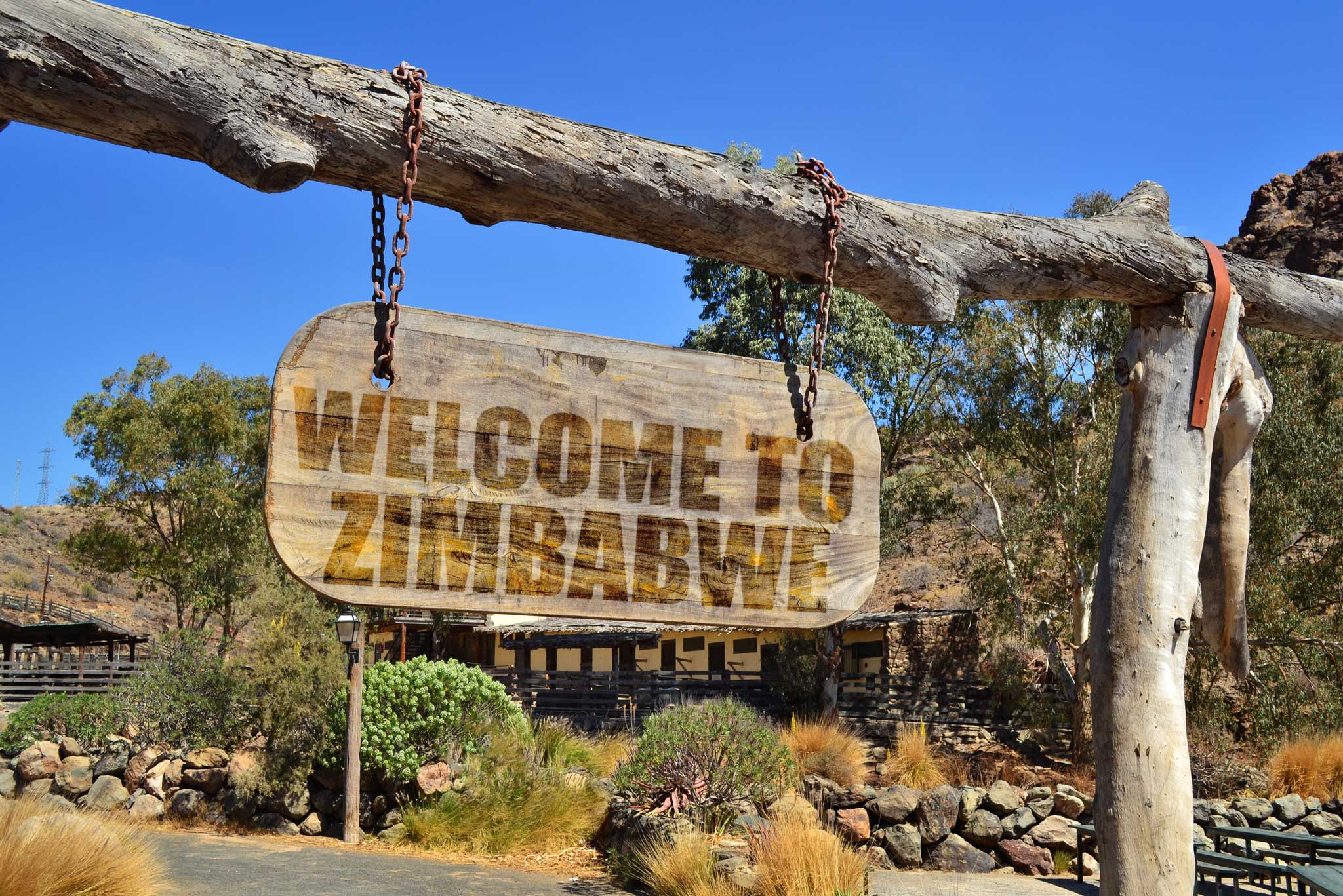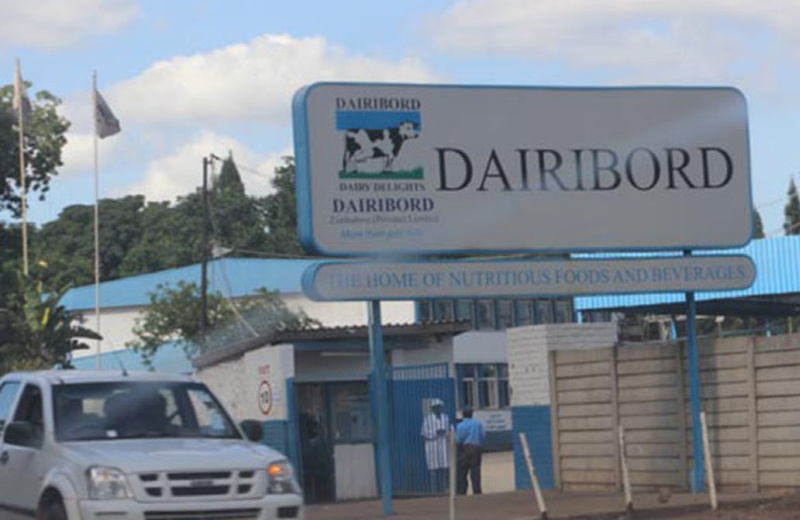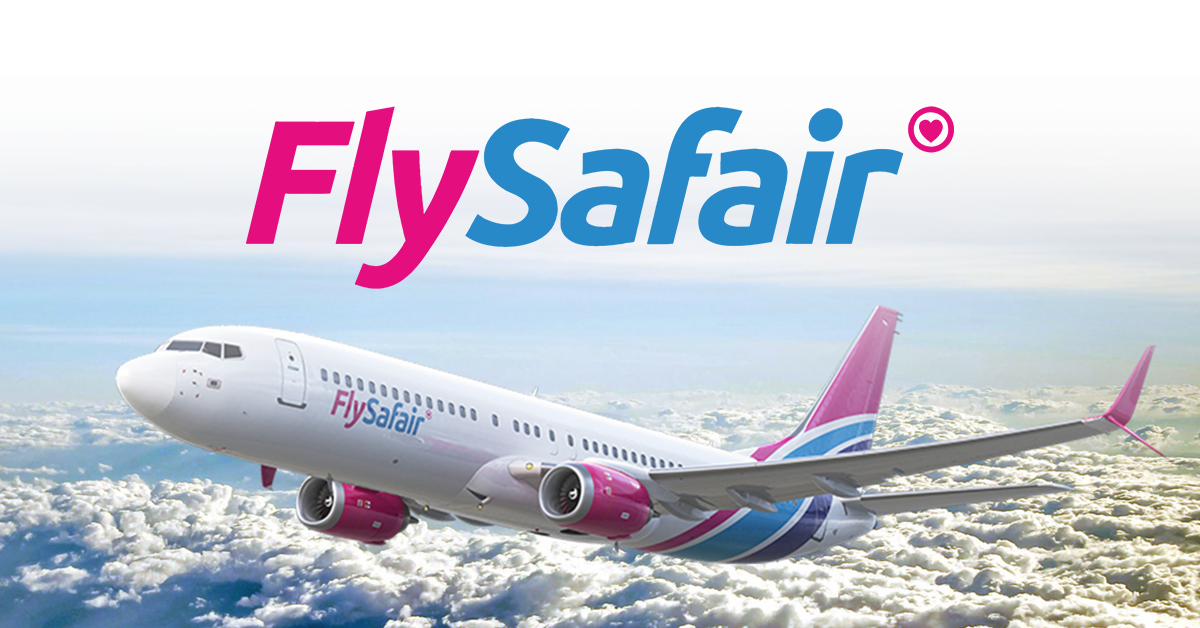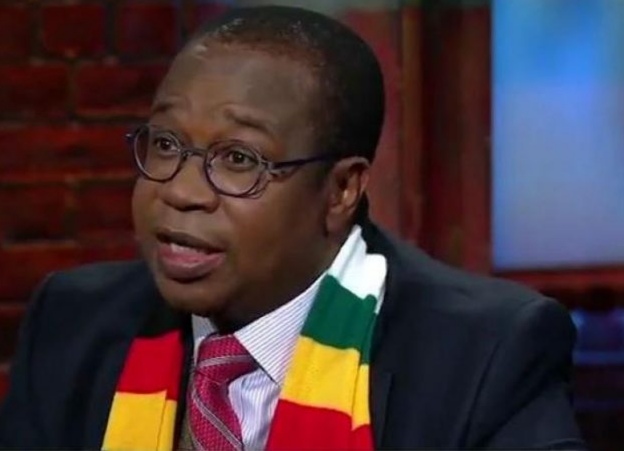New tax measures critical to drive state programmes
THE taxation measures in the 2024 National Budget Statement last week are designed to raise revenue to support key programmes at a time the Government has limited space for fiscal revenue, the Treasury chief said yesterday.
Finance, Economic Development and Investment Promotion Minister Professor Mthuli Ncube made the remarks at the 2024 National Budget Statement post budget breakfast meeting held in Harare yesterday.
In the 2024 budget, the minister proposed widening income tax bands, introducing a 1 percent wealth tax on houses and flats worth US$100 000 or more, creation of a digital platform to stop cheating on excise duties, particularly cigarettes and introducing a levy of US$0,02 per gramme on sugar contained in soft drinks (excluding water) with effect from January 1, 2024.
Multinational companies are now required to pay at least income 15 percent while tuckshops and traders must be licenced and have tax clearance certificates to buy directly from manufacturers and wholesalers, and toll fees to be raised on major highways.
Minister Ncube said the Treasury tried to strike a balance between providing relief to workers by raising the thresholds of tax free income, bonuses and taxes on smallholder farmers’ deliveries and raising revenue for key Government programmes.
Minister Ncube said: “Really, we’re very pro poor looking at the impact we are having on the health sector so we say the sugar levy please give us two cents . . . so that we can create a cancer fund.
“What we are looking for as a Government is to create a cancer fund so that we can buy cancer equipment and so forth.
“A few weeks ago, we released over US$2 million to buy and upgrade the cancer machines at Parirenyatwa and Mpilo Hospital in Bulawayo.”
As part of forging ahead with improving health delivery for the benefit of ordinary citizens, Prof Ncube said the Government wanted to procure a gamma knife for cancer treatment using sugar tax.
A gamma knife is a painless computer guided treatment that delivers highly focused radiation to tumors and lesions in the brain.
The gamma knife surgery is used to treat brain tumors and lesions, and arteriovenous malformations, among others.
“So we need that sugar tax to buy gamma knives and deal with cancer in this country.
“Looking at the education sector the biggest part of the budget is going to the Ministry of Primary and Secondary Education; last year we built 275 schools and this is not a small figure.
“And when we build more secondary schools, the impact of secondary schools in rural areas is phenomenal when children leave rural homes and go to board somewhere else where they can receive proper tuition,” said Prof Ncube.
“We have a huge impact on our people and that is pro people that is what we are trying to do; the BEAM (Basic Education Assistance Module) Programme where we are supporting children who cannot afford school fees and we give them free education as Government.
“It is in this tax that is very pro people. Let me tell you there is nothing as pro people as the Beitbridge Harare road which has no potholes.”
Due to the illegal sanctions imposed on the country over two decades ago, Zimbabwe has been restrained from external concessionary borrowing from the international community like the International Monetary Fund and World Bank. As a result, the country’s economy has over the years degenerated and the Second Republic under President Mnangagwa, has been on a relentless engagement and re engagement offensive to thaw relations with the global village.
In light of the limited borrowing capacity, the Government has adopted an inward looking approach to mobilising resources to fund key programmes including infrastructural development projects like roads, dams, health care and education facilities. The Government has been prudent and continues to maintain a tight monetary policy stance to eliminate the printing of excess money which is a potent trigger of runaway inflation. Among many infrastructure development projects, in the past five years the Government has rehabilitated the Harare Masvingo Beitbridge highway, embarked on construction of the Gwayi Shangani, and Kunzvi dams.
“We need to focus on domestic resource mobilisation even in this budget (2024 fiscal policy statement) because we are trying to deal with the issue of domestic resource mobilisation.
“That is critically important so if you see us scrunch for the last cent here and there we are trying to do that because we need resources, but we will try to be careful not to squeeze the economy, that’s critically important we don’t want tax fatigue to come out of our measures,” said Prof Ncube.
In an interview after the post budget breakfast meeting, Confederation of Zimbabwe Industries president Mr Kurai Matsheza said in the budget proposal that has been announced, there are areas that the business community has highlighted to the Government.
“I can go through the list, some of them are obviously the wealth tax that we have heard, in terms of the distribution to the informal sector to make sure that manufacturers are not going to be able to redistribute to the informal sector.
“We have got ideas and one of the ideas on that issue is to say can we not come up with consumptive tax, just to say a guy who is not complying if he doesn’t have a compliance certificate is charged a certain percentage, three percent on the invoice and us as manufacturers we remit to Zimra.
“There are a number of areas, obviously, yes we are happy in terms of the tax free threshold adjustment and also the bonus free threshold that they did adjust, but in terms of other areas we do our submission as we committed by next week, the Minister will have a true submission from us,” he said.
Chamber of Mines of Zimbabwe chief executive officer Isaac Kwesu said the mining industry subscribed to the beneficiation agenda, but a balance needed to be struck between ensuring that the sector remains growing and contributing as much as it can.
“When the Government is engaging the lithium producers specifically on their roadmaps on how they are going to achieve this, the uniqueness of the lithium sub sector and the cross section in terms of producers having different life and structures taking into account the petalite and the spodumene in terms of their process which may not be the same.
“All these processes issues are going to be taken into consideration the industry subscribes to beneficiation, but we still have to make sure that we balance and ensure that the mining sector remains growing and contributing as much as it can,” he said.
Secretary for Finance George Guvamatanga said the 2024 fiscal policy statement like any budget was subject to further debate, review, and refinement and some of the contributions already received from across the market would be considered as Treasury prepares the finalised Finance Act and various statutory instruments to support all the measures that have been proposed.
“There is still a debate that has to go on in Parliament, but I’m hoping that the Parliamentarians will also have to understand that for any revenue measure that we remove, it has to be matched with the removal of some expenditure of some sort.
“You can’t come and say you can’t generate this income but continue to support the vulnerable.
“Anyone who is saying remove some of the measures is the one who is being anti poor because the moment we remove the revenue, it means we have to touch on the expenditure and the expenditure is actually where we are supporting the poor,” he said.
Mr Guvamatanga said the money that the Government was raising is reflected and shown where it is going — education, health and social welfare.
“And that’s what a pro poor budget should be looking like,” he said. herald










